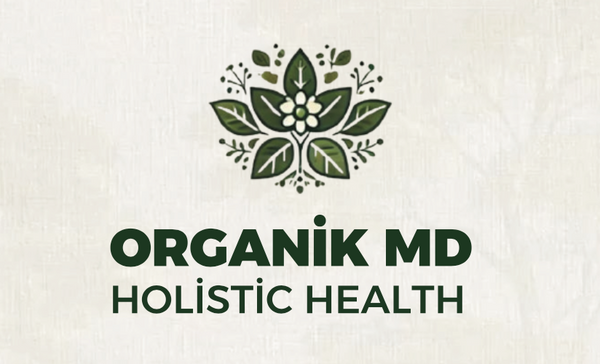In recent years, probiotics have become a buzzword in the health and wellness industry, especially concerning gut health. But what exactly are probiotics, and why are they so crucial for maintaining a healthy digestive system? In this blog post, we'll explore the science behind probiotics, their role in gut health, and why incorporating them into your daily routine can make a significant difference in your overall well-being.

What Are Probiotics?
Probiotics are live microorganisms, often referred to as "good" or "friendly" bacteria, that provide numerous health benefits when consumed in adequate amounts. These beneficial bacteria naturally reside in your gut, forming a complex and diverse community known as the gut microbiome. This microbiome plays a crucial role in digestion, immune function, and even mental health.
How Probiotics Support Gut Health
- Balancing the Gut Microbiome The gut microbiome is a delicate ecosystem that can be easily disrupted by factors like poor diet, stress, antibiotics, and illness. When harmful bacteria outnumber the good ones, it can lead to digestive issues such as bloating, constipation, diarrhea, and even more severe conditions like irritable bowel syndrome (IBS). Probiotics help restore balance by replenishing the gut with beneficial bacteria, keeping harmful microbes in check.
- Enhancing Digestive Function Probiotics aid in breaking down food, particularly complex carbohydrates and fibers that the body cannot digest on its own. This process not only helps prevent indigestion and bloating but also promotes the production of essential nutrients like short-chain fatty acids, which are vital for gut health.
- Strengthening the Gut Barrier The lining of your gut acts as a barrier that prevents harmful substances from entering the bloodstream. A compromised gut barrier can lead to a condition known as "leaky gut," where toxins and undigested food particles can escape into the bloodstream, triggering inflammation and other health issues. Probiotics help maintain the integrity of the gut lining, reducing the risk of leaky gut and its associated problems.
- Supporting Immune Function A significant portion of your immune system resides in the gut. Probiotics play a crucial role in modulating the immune response, helping your body fight off infections and reducing the risk of autoimmune diseases. By maintaining a healthy balance of gut bacteria, probiotics support a robust immune system.
- Reducing Symptoms of Digestive Disorders Numerous studies have shown that probiotics can alleviate symptoms of common digestive disorders, such as IBS, inflammatory bowel disease (IBD), and lactose intolerance. By restoring the balance of gut bacteria, probiotics can reduce inflammation, improve bowel regularity, and enhance overall digestive comfort.
The Importance of Probiotics in Daily Life
Given the significant role that probiotics play in gut health, incorporating them into your daily routine is essential for maintaining a balanced digestive system. Probiotics can be found in a variety of foods, including:
- Yogurt: Look for yogurt with live and active cultures.
- Kefir: A fermented dairy product rich in probiotics.
- Sauerkraut and Kimchi: Fermented vegetables that provide a healthy dose of beneficial bacteria.
- Miso and Tempeh: Fermented soy products that support gut health.
- Probiotic Supplements: Available in various forms, including capsules, powders, and liquids.
While consuming probiotic-rich foods is a great way to support gut health, supplements can be a convenient and effective option for those who may not get enough probiotics from their diet alone.

Probiotics are more than just a trendy health supplement; they are a vital component of a healthy gut and overall well-being. By balancing the gut microbiome, enhancing digestive function, strengthening the gut barrier, and supporting immune function, probiotics play a key role in maintaining a healthy digestive system. Whether through food or supplements, incorporating probiotics into your daily routine can lead to a healthier, happier gut—and a healthier you.
†These statements have not been evaluated by The Food and Drug Administration. This product is not intended to diagnose, treat, cure, or prevent any disease. Information and statements made are for educational purposes and are not intended to replace the advice of your general practitioner. If you have a severe medical condition or health concern, see your physician.

